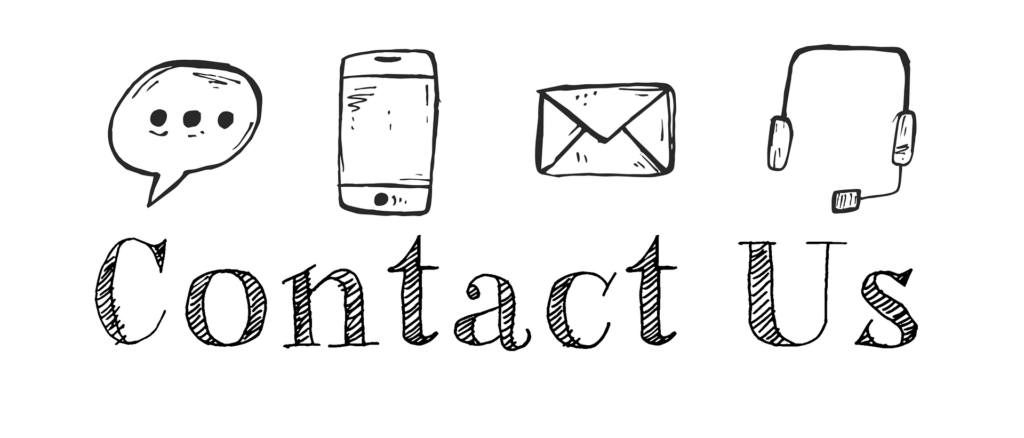We cover the big questions here.
If you don’t know someone who has worked with a music therapist, or if you’ve never had a massage, then you may have a lot of questions. Chances are, you are wondering about what happens in a session, if either service is right for you, and how you will pay for treatment. Take a look at the information below. Did we miss anything? Let us know!
Questions about Music Therapy
What is music therapy?
“Music Therapy is the clinical and evidence-based use of music interventions to accomplish individualized goals within a therapeutic relationship by a credentialed professional who has completed an approved music therapy program.” (American Music Therapy Association definition, 2005)
In other words:
- A substantial body of research supports the effectiveness of music therapy
- Music therapy is a purposeful process that follows a treatment plan
- The therapeutic relationship is essential
- The purposeful use of music is essential
- A music therapist follows a set educational program at the end of which they have advanced competence in their field and have been vetted to qualify for their credential
What do music therapists do?
Music therapists assess emotional well-being, physical health, social functioning, communication abilities, and cognitive skills through musical responses; design music sessions for individuals and groups based on client needs using music improvisation, receptive music listening, song writing, lyric discussion, music and imagery, music performance, and learning through music; participate in interdisciplinary treatment planning, ongoing evaluation, and follow up (AMTA, 2020).
Do I need to play an instrument/be “musical?”
No prior music experience is needed in order to benefit from music therapy.
Who can benefit from music therapy?
Music therapy benefits people of all ages, strengths and needs including people with mental health needs, developmental and learning disabilities, Alzheimer’s disease and other aging related conditions, brain injuries, physical disabilities, degenerative diseases, neurological disorders (e.g., Parkinson’s, Huntington’s, and MS), substance abuse, and acute and chronic pain including mothers in labor.
How much do your services typically cost?
Does insurance cover music therapy?
Questions about Massage Therapy
Can I wear my clothes during my massage?
You should undress to the level of your comfort. Your will be given privacy to undress and get comfortable on the table.
For a full body massage, most get completely undressed. However, if you will be more comfortable leaving your underwear on, that is fine. The therapist will work around clothing as best as they can. Above all else, your therapist wants you to be able to relax so you can get the optimal benefit from the session.
Do I have to lay down?
At Accent Wellness, we tailor massage therapy sessions to meet your unique needs. For example, techniques can be modified to accommodate a seated position.
Can I talk during my session?
You are always welcome to talk during your session. The important thing to remember is that this treatment is all about you relaxing and enjoying the experience. Periods of silence better allow for you to let go and be present to the massage.
However, there are times when you should say something. If you feel uncomfortable in any way, please tell your therapist. They want to know if you get too warm or too cold, if the room is too bright, or if the pressure needs to be changed (lighter or deeper).
